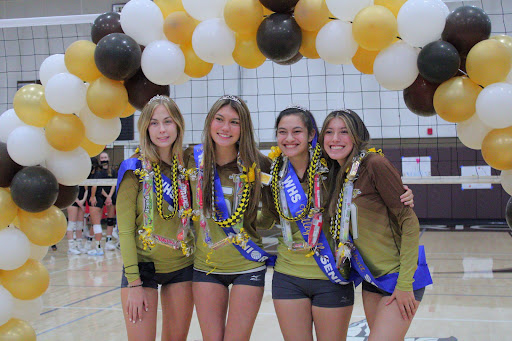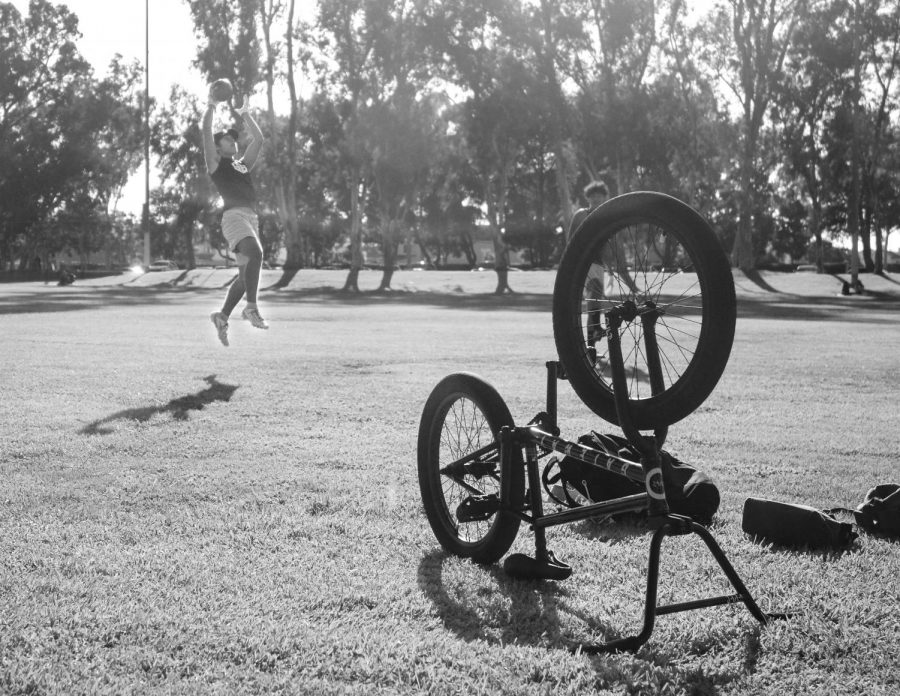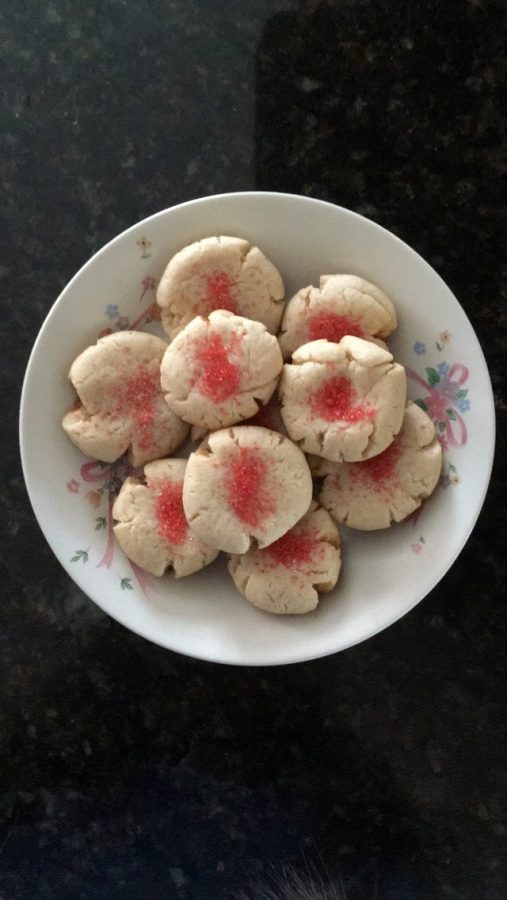Brandon Kim (12), a West High School senior, used two of his high school years for extensive research to propel himself into a global community of scientists.
Kim worked with a research group formed by the Jisan Research Institute and, with them, published and presented a scientific paper. The Jisan Research Institute is the sole professional research program for high school students. With intense Saturday research sessions and the mentorship of Dr. Sanza Kazadi, this group developed a prototype of a device that would generate electricity using heat trapped in a house during the summertime.
While the model is small, Kim said, “It is not difficult to create a larger device, as long as the material is available.”
Brandon Kim admitted, “I initially joined to embellish my college applications.” Nevertheless, he later reflected, “I can now say that adding another activity on my college applications was the least important benefit of attending JRI.”
Kim found the work inspiring. Not only is the work a lesson in sustainability, but it is also a lesson in persistence and “always finish[ing] what [one] start[s].” This hard work gave Kim a “clear vision of [his] future.”
With every passion, however, comes hard work. Despite finding the research interesting, Kim said it was difficult work for Saturday mornings. He also commented, “Research projects never go smoothly and as planned.” It’s during these times when perseverance is a staple trait. The technical issues form a “plateau of progress,” which is difficult to work around, but also an opportunity for the researchers to prove their hard-working skills.
While Kim is proud to have his work published, he noted, “Our project’s main goal is not to publish papers with our names on them, but it is to prepare us so that life doesn’t crush us.” At the end of the research project, Kim and his research companions attended the IAFOR (The International Academic Forum) North American Conference on Sustainability, Environment, and Energy. All the problems they faced on the research path strengthened their understanding and development of their prototype. Although he felt underprepared and a little inexperienced, Kim said they were amazed to hear the perspectives of other more experienced researches.
Kim concluded, “The truth is, you are never too young to contribute to the world.”
Even if scientific research is not your niche, like it is Kim’s, this advice applies to all fields. A poem by a fifteen-year old may not yet have the wisdom as that of a poem by an established writer, but it contributes to the conversation of writing. A seventeen-year old’s painting may not yet include the subtleties of a thirty-year old’s painting, but it contributes to the conversation of visual art. As Kim demonstrated, simply working hard and reaching the finish line is an achievement in itself.





